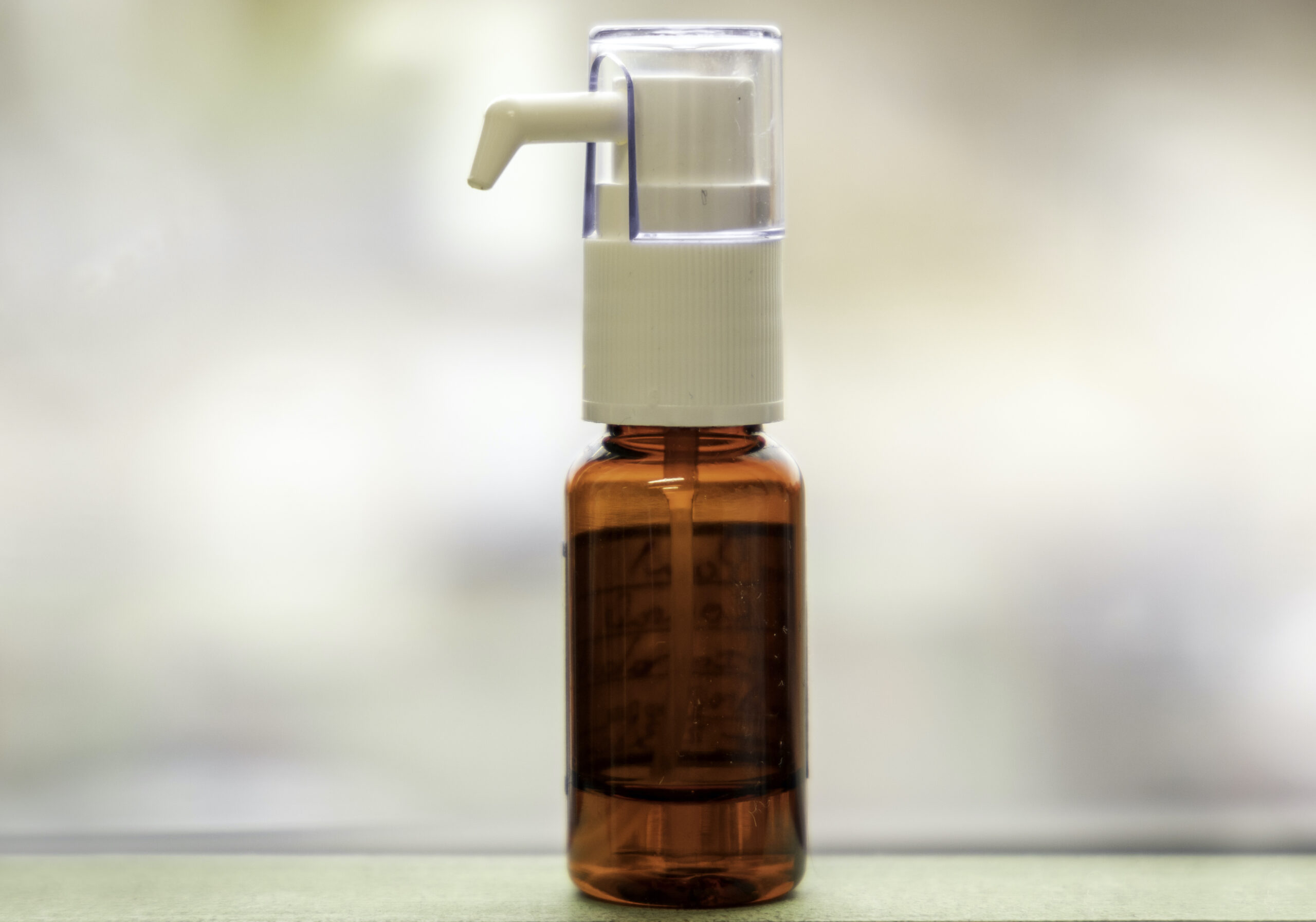Sublingual immunotherapy at Quincy Medical Group offers option for local allergy sufferers

QUINCY — Allergy symptoms can occur any time of the year and impact your day-to-day life. Quincy Medical Group’s Ear, Nose, and Throat Department is offering sublingual immunotherapy or allergy drops. Treating allergy is very important to ENT doctors as it is a common cause of sinusitis, nasal polyps and ear infections.
Dr. Paul Conrad said in a press release, “Allergy drops are an alternative approach to treating allergies without using injections. Immunotherapy treats the cause of allergies by giving small doses of what a person is allergic to which allows that person’s immune system to make ‘blocking antibodies’ to the allergens and thereby reduce allergy symptoms. Unlike injection immunotherapy, which is given as shots, allergy drops are given as drops under the tongue.
“In some studies, allergy drops have been shown to be as effective as shots with no anaphylaxis reaction at all. Safety-wise, the drops are a good treatment option. There are studies showing that if you use them long enough, you can potentially develop tolerance to an allergen which is where you become essentially not allergic to it anymore.”
Patients who qualify for immunotherapy are typically those who have tried other treatment options but have experienced little to no relief.
“If you can’t get enough relief with antihistamines, nasal sprays, Singulair, or an intermittent steroid blast through the year and you’re having four or more sinus infections a year, developing recurrent ear infections or ear pressure, getting pneumonia frequently, flaring of your asthma more than usual, or other chronic allergic driven symptoms, you should significantly consider getting tested and desensitized to your allergies,” Conrad explained.
The first step is finding out what you’re allergic to through allergy testing. Testing is done via a skin prick test. During this test, your skin is exposed to suspected allergy-causing substances (allergens) and is then observed for signs of an allergic reaction, Conrad explained. If you have an allergic reaction, you’ll develop a reaction at the site of the test showing as redness or welts.
“We measure the width of the welts. Based on that information, we then make a drop formulation to give you a very small amount of the things you’re allergic to,” Conrad said. “With drops, you’re taking them once or twice every day. With shots, it’s usually one or twice a week. Either method requires compliance on the part of the patient usually for at least 3-5 years for best results.”
Before beginning allergy drops, patients should check with their insurance provider on potential coverage.
For more information and/or to set up an initial consultation, call (217) 222-6550, ext. 6900.
Miss Clipping Out Stories to Save for Later?
Click the Purchase Story button below to order a print of this story. We will print it for you on matte photo paper to keep forever.

